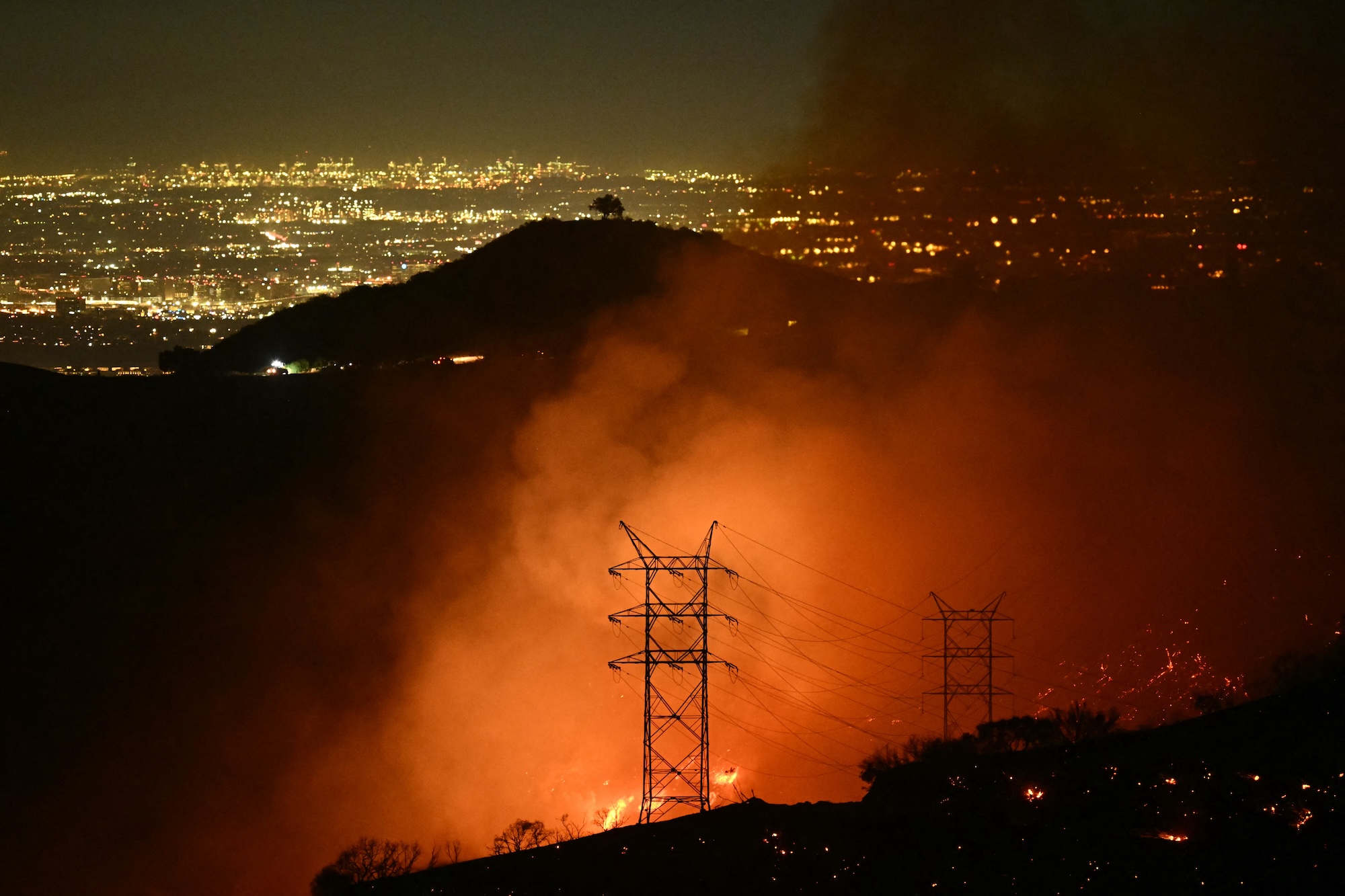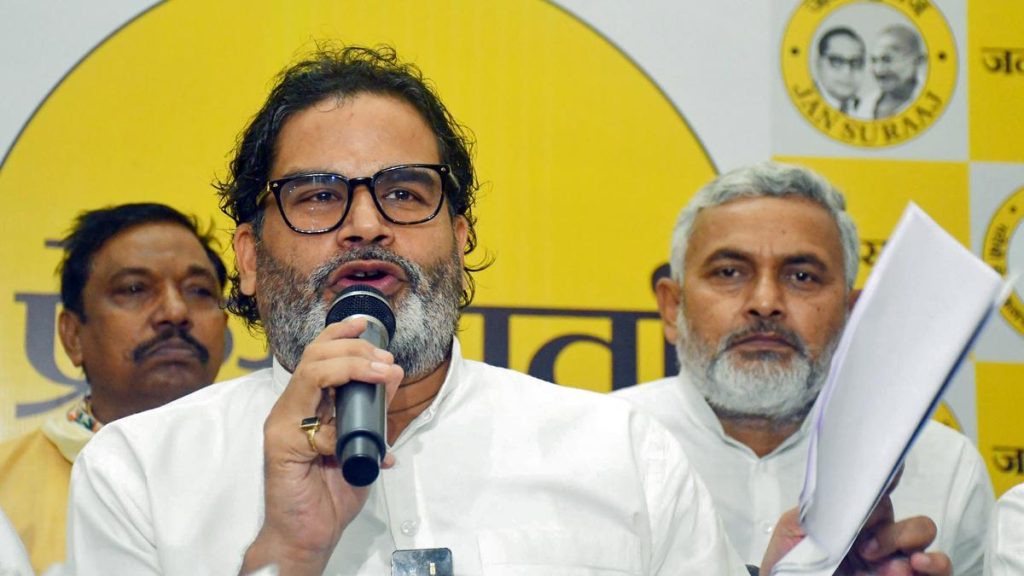Now Reading: Who Bears the Cost of Wildfire Damage? Western Utilities Pass Burden to Customers
-
01
Who Bears the Cost of Wildfire Damage? Western Utilities Pass Burden to Customers
Who Bears the Cost of Wildfire Damage? Western Utilities Pass Burden to Customers

Swift Summary
- Berkshire Hathaway’s 93-year-old CEO, Warren Buffett, avoided naming a successor at last year’s annual shareholder meeting but highlighted the company’s wildfire liability approach. Vice Chairman Greg Abel praised Utah’s legislative protections for utilities as a model to follow.
- In Utah, laws were passed allowing companies to create customer-funded reserves for wildfire damages and cap the amount residents can sue for in case of power line faults. These measures reduce utilities’ liability and shift costs onto customers.
- Ample lawsuits hit Berkshire subsidiaries like PacifiCorp in Oregon following devastating 2020 wildfires caused by poorly maintained power lines. Over $300 million has been awarded so far with additional claims amounting to over $8 billion pending.
- Utility companies across othre Western states (e.g., Idaho, Wyoming) are lobbying lawmakers to replicate Utah’s protections by capping liability and passing some costs onto customers through utility prices.
- Critics allege that improper maintenance exacerbates fire risks while such laws protect corporations financially without holding them fully accountable.
- There are alternative models like California’s state-managed fund that uses customer contributions but prevents direct corporate billing or bankruptcy risks without absolving responsibility.
Indian Opinion Analysis
The situation raises important regulatory, ethical, and financial questions about balancing corporate sustainability with public accountability-lessons equally relevant for India due to recurrent natural crises accentuated by climate change.India has an expansive energy infrastructure exposed to climate-related vulnerabilities such as floods or cyclones. Proactively addressing these challenges through legislation ensuring fair responsibility-sharing could preempt large-scale damage or public burden shifts seen elsewhere. The California model of organizing oversight funds independently offers a middle path worth exploring here.
Additionally, avoiding recurring disasters necessitates prioritizing infrastructure upgrades despite higher upfront costs-applicable equally in Indian contexts where aging grids serve high-density areas under growing stress from extreme weather events fueled by climate change.
























